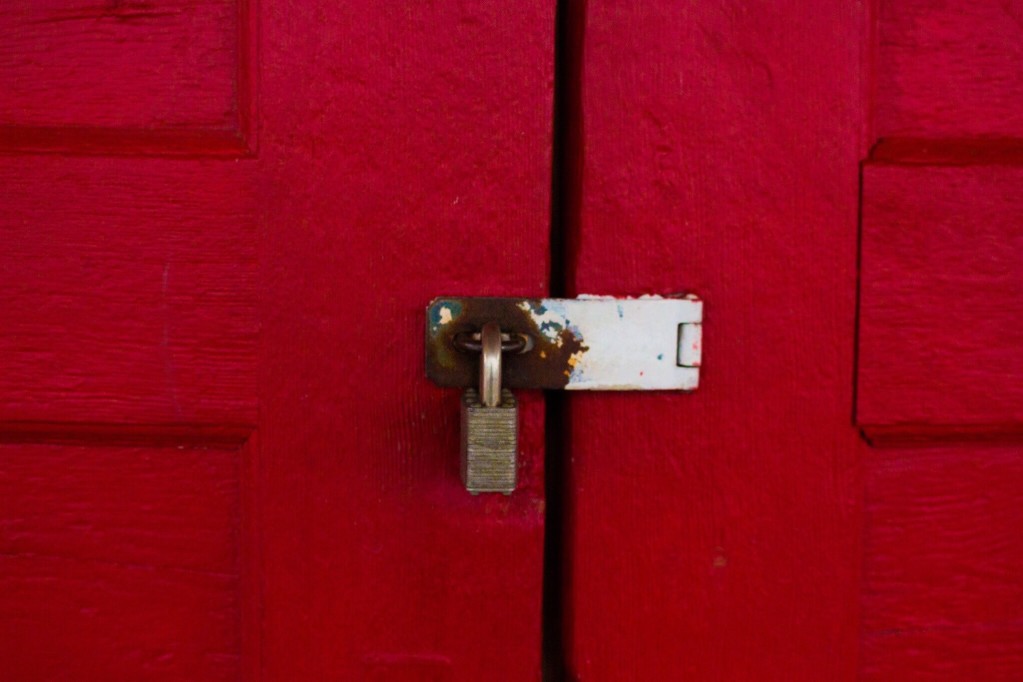Governments say the cramped conditions in which they live increases the risk of the virus spreading.
Strict lockdowns to combat Covid-19 have not been uncommon across the world. But while barring people from leaving their homes for anything other than the most essential reasons is an effective method of reducing viral spread, it has lots of other very negative effects on everything from individual wellbeing to economic output. So to reduce the scale of these bad outcomes, governments have often experimented with just locking up specific, higher-risk sectors of society.
In many countries, one of the groups targeted in this way have been poorer people who have arrived from other countries, as either migrant workers or refugees. For example, the UK has prioritised reducing the Covid risk of in-person courts over moving asylum seekers through the legal process they need complete before they are allowed to freely live, work and move around the country. Many of these refugees have had no choice but to stay in hotels that have been described as 'dehumanising' and 'prison-like'.
Meanwhile, in Singapore, some 300,000-odd migrant workers have faced far stricter rules than the rest of the population. The country as a whole had a two-month lockdown early in the pandemic then reopened everything, albeit with compulsory mask-wearing, location-tracking and number limits on group gatherings. The migrant workers, in contrast, were locked into their shared dormitories (which sleep up to 20 people a room) for most of 2020, without access even to cooking facilities. From November to May, when they went back to work, they were allowed to go to purpose-built ‘recreation centres’ for between nine to twelve hours a week. However, these centres were closed again in May when an uptick of Covid infections was detected.
The reason given by governments who put extra restrictions on poorer, foreign-born groups is that the close-quarters they often live in allow viruses to spread particularly easily. This is true: 90 percent of all recorded Covid infections in Singapore came from migrant dormitories. But many think that the treatment is also born from the prejudicial attitudes which people around the world can exhibit towards those who do not share their nationality.
After all, there are other ways for governments to reduce Covid spread in crowded accommodation. One is to provide better, more spacious housing. Singapore's government actually did do this, but only on a limited scale. Another effective policy would be to prioritise these groups for vaccination. This has not happened. Advocacy groups in the UK say the 'hostile environment' the government has created against many foreign-born people deters them from getting healthcare, including Covid vaccines. In Singapore, only a fifth of migrant workers have been jabbed, compared to a third of the overall population.
Of course, prioritising non-natives for public resources such as housing and vaccines - or generally spending more money on them - could be perceived as unfair by natives and cause resentment. That resentment could be taken out on their governments at the voting booth, or, more worryingly, on immigrants in their community. A way to combat this would be for governments to point out that as the end result would be to reduce the risk of Covid infections rising in the population as a whole, such policies benefit everybody.
Indeed, investing in keeping immigrants and refugees mentally and physically healthy has many wider benefits for governments. There are plenty of voters who want other human beings to be treated well and will reward political parties that support progressive policies. Moreover, attracting criticism on your human rights record can damage a country's reputation on the world stage, something many governments want to avoid. Plus, from an economic perspective, happy and healthy people tend to contribute more to the economy - they work more, set up more businesses and use fewer state resources such as healthcare - and all that translates into more economic activity and more taxes to fill up government coffers.
Read our explainer on: immigration.

